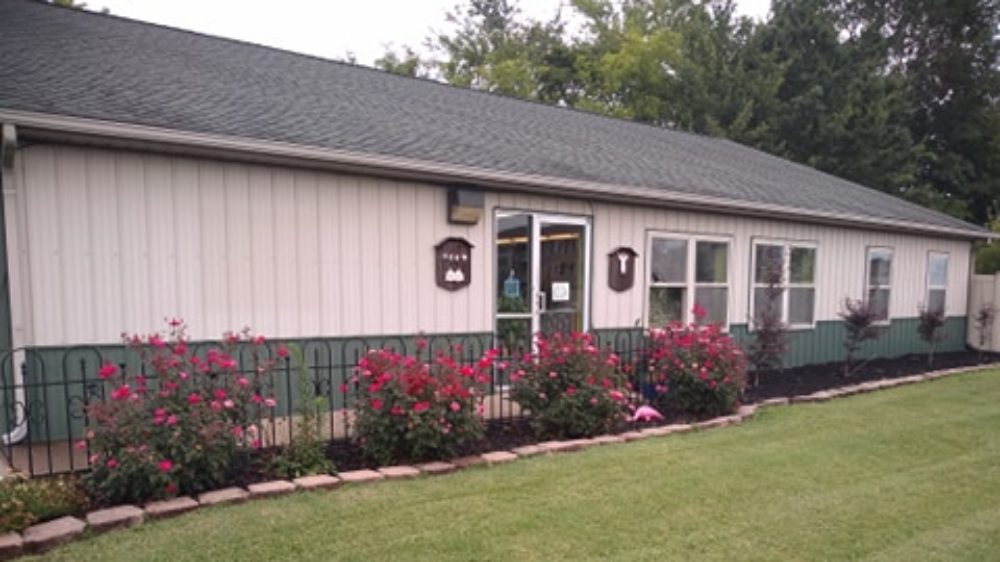According to the dictionary, religion is a set of beliefs about the purpose of the universe. Everyone, quite frankly, has an idea about the purpose of the universe. Some people make it up as they go, and others believe theologies, philosophies, theories developed over time.
Every family has the right to bring up their child or children as they see fit and that includes religious or non-religious freedom — provided that upbringing is not abuse.
Teaching religion or not teaching a set of believes is the job of parents. It is not the job of government or government schools. But that doesn’t mean that belief in general has to be hidden in the public forum. Our Constitution separates Church from State…it does not give credibility to any one faith, prevent any faith from existing or practicing, or favor one set of beliefs or lack of them.
In a private religious or parochial setting, parents pay for their child to be educated in their own faith. They expect it. In other private school settings, religion is always a little controversial.
My job, as a school owner, is to find the common ground among parents while I balance what I think children should be aware of without teaching religion.
As a Catholic, I belong and believe the tenets of a church that’s been around for two thousand plus years – and man, we’ve seen it all. One of the tenets of my faith is that one must revere all that is true and holy about another faith. That’s the easy part. The hard part is trying to exist in a world of early childhood without offending nearly everyone in sight.
My personal philosophy is that for the sake of being well rounded, a child needs to experience prayer, hear Bible Stories for the sake of reference, and know what to say, should he or she be so inclined at the moment of crisis or need.
I invite our children to pray before and after meals, and I enforce quiet during our very very brief prayer time because those who come from faith should have the time to pray if they choose. Those that don’t can be still for a minute.
At the Garden School, we have a prayer mission for the ill. We pray for lots of people who are ill and who have asked for our prayers. I think this teaches children, even of no faith, that we are all connected and should care about one another.
I teach the Our Father because it is the most universal prayer I can think of. I teach the Catholic version because that’s the one I know.
Bible Stories are a wonderful teaching tool. They teach obedience. Obedience gets a bad rap these days, but obedience is key in the behavior of a child who wants to do well. It teaches good study habits, trust of parent, and trust of authority, order from chaos, good civil tactics, fairness and affection. Of course I like to tell Bible Stories with great flair and over the top details. Kids nearly always get absorbed in the stories, and that gives them something to think about. My favorite Old Testament book is the book of Judith and my favorite part is when Judith cuts the head off Holofernes and hangs it on the gate…then quietly goes home to make breakfast for her family. Such a story…such a woman…such an exciting time…
Fairy tales are unique for lessons too, but fairy tales have no platform, so they fade away quickly…like the seed that fell on the poor soil. But they are fun, and can be exciting and are a good tool to act out.
But the teaching of religion is a thing I wouldn’t touch out of respect for my families. It’s not my job. My job is to educate in the areas that are appropriate to the ages of the children I teach and will lead children to thinking, behaving well in a group and learning about the world. My job stops there.
Sometimes parents want more. At one time, I had a parent ask me to spank a child…not my job. I wouldn’t presume to discipline more than taking a medal or offering a stern opinion. My favorite discipline tactic, if the behavior is rotten, is to return the child to the parent…it’s a parent’s job to rear his own child. My job is to add a broad spectrum of experiences and ideas that lead children to think.
Offering a space and time for prayer, exposing children to the stories from which many many references are made in common dialogue, books, news and movies, and something to say, should they choose to be believers is the most religious thing I can offer in fairness to those who don’t believe.
My own tradition is not to push my faith on others. My tradition teaches me to behave in the world as a believer, and if someone likes what I do…and asks…then I tell them what I believe. It’s a simple concept that has worked for two thousand plus years…I’m just one of the faithful…
